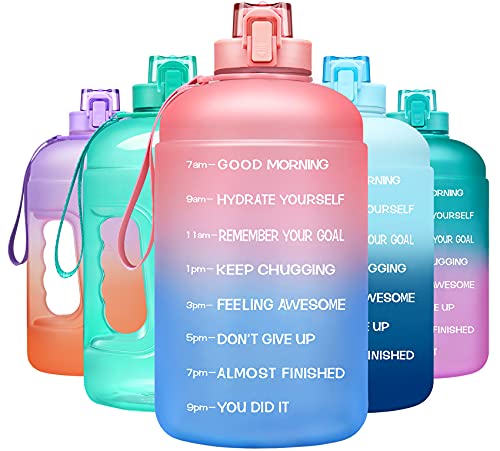Seborrheic dermatitis is an itchy condition that can be caused by a variety of factors, one of which is dehydration. Dehydration can worsen seborrheic dermatitis by making the skin dry and irritated.
Drinking water helps to keep the skin hydrated, reducing inflammation and itching. Water also helps flush out the oils and toxins that can contribute to seborrheic dermatitis.
Let’s take a deep dive:
Can dehydration make seborrheic dermatitis worse?
Dehydration can make seborrheic dermatitis worse because it makes the skin more susceptible to dryness and irritation. People with seborrheic dermatitis should drink plenty of fluids to stay hydrated and avoid hot weather and excessive sweating.
Dehydration can aggravate the inflammation and redness that are common features of seborrheic dermatitis. When the skin becomes dry, it creates more oil to make up for the missing water. This extra oil can worsen seborrheic dermatitis symptoms. In addition, dry skin is more likely to itch and crack, which can also lead to further irritation.
Is drinking water helpful for seborrheic dermatitis?
Drinking water is helpful for seborrheic dermatitis. In fact, it may be the most important factor in hydrating the skin and maintaining the effective functioning of skin cells, maintaining an intact skin barrier.
When you don’t get enough water, your skin begin to dry up and can flake. This can cause itching and irritation, but more importantly it can actively damage your skin, and make it more vulnerable to conditions like seborrheic dermatitis.
On the scalp, this damage can start to affect your hair. Healthy hair comes from a healthy, moisturized scalp. On the other hand, hair that grows from a weakened scalp can suffer permanent cuticle damage. Scratching can damage scalp and hair surfaces even further, making them weak.
Drinking enough water balances the oil and water content on your skin. This helps to prevent excess oil and sebum secretion, which means fewer clogged pores, milder acne and less flares of seborrheic dermatitis.
Even if you can’t stomach multiple cups of plain water, you can sweeten water with fruits like berries and lemon.
Does drinking water help itchy scalp?
Drinking water may also help relieve the symptoms of dandruff, particularly itching. Adequate water intake can help to hydrate your skin and reduce the amount of sweat and sebum that accumulates on your scalp.
Overall, the jury is out on this one.Some people swear by it, while others say that it doesn’t help at all. The bottom line is that we just don’t know for sure if drinking water helps itchiness on the scalp. There is no research on whether drinking more water affects SD.
However, we know that drinking enough water is important for our daily bodily functions, specifically our immune system and our skin barrier. Whether or not drinking water can directly improve seborrheic dermatitis, we should make sure we drink enough every day.
Use a motivational water bottle to remind you to drink more water:
Does drinking water help oily scalp?
It may seem counterintuitive but a dehydrated scalp can actually cause your hair to be greasy. This is because your skin’s protective measure of producing excess sebum can weigh down your hair, making it look and feel oily and flat.
Drinking plenty of water may help to regulate the production of sebum on the scalp, leading to less oily hair.
Does drinking water help clear skin?
Drinking enough water helps with having clear skin. In fact, it is one of the simplest things that you can do to improve your complexion. Seborrheic dermatitis is a condition characterized by a rash that is typically red, scaly and itchy on the scalp or face. It can be caused by a variety of factors, including stress, diet and climate changes. However, one of the best ways to reduce symptoms is to drink plenty of water each day.
Does water make dandruff worse?
There are a few things that can cause dandruff – dry skin, eczema and seborrheic dermatitis are the most common reasons. There is no evidence to support the claim that drinking water makes dandruff worse. In fact, drinking adequate amounts of water probably improves your SD.
To wrap up
Drinking water is a good way to help manage seborrheic dermatitis. It is a natural and healthy way to help improve the symptoms of the condition. In addition, drinking water can help improve overall health, which may also have a positive impact on seborrheic dermatitis. To get the most benefit, aim to drink eight glasses of water per day.
 Check it out on Amazon
Check it out on Amazon Check it out on Amazon
Check it out on Amazon
Pingback: My NIOD Hydration Vaccine review after 2 years
Pingback: Is Avene good for seborrheic dermatitis?
Pingback: The 5 Best Face Moisturizers For Seborrheic Dermatitis
Pingback: Impaired skin barrier in seborrheic dermatitis
Pingback: skin microbiome seborrheic dermatitis